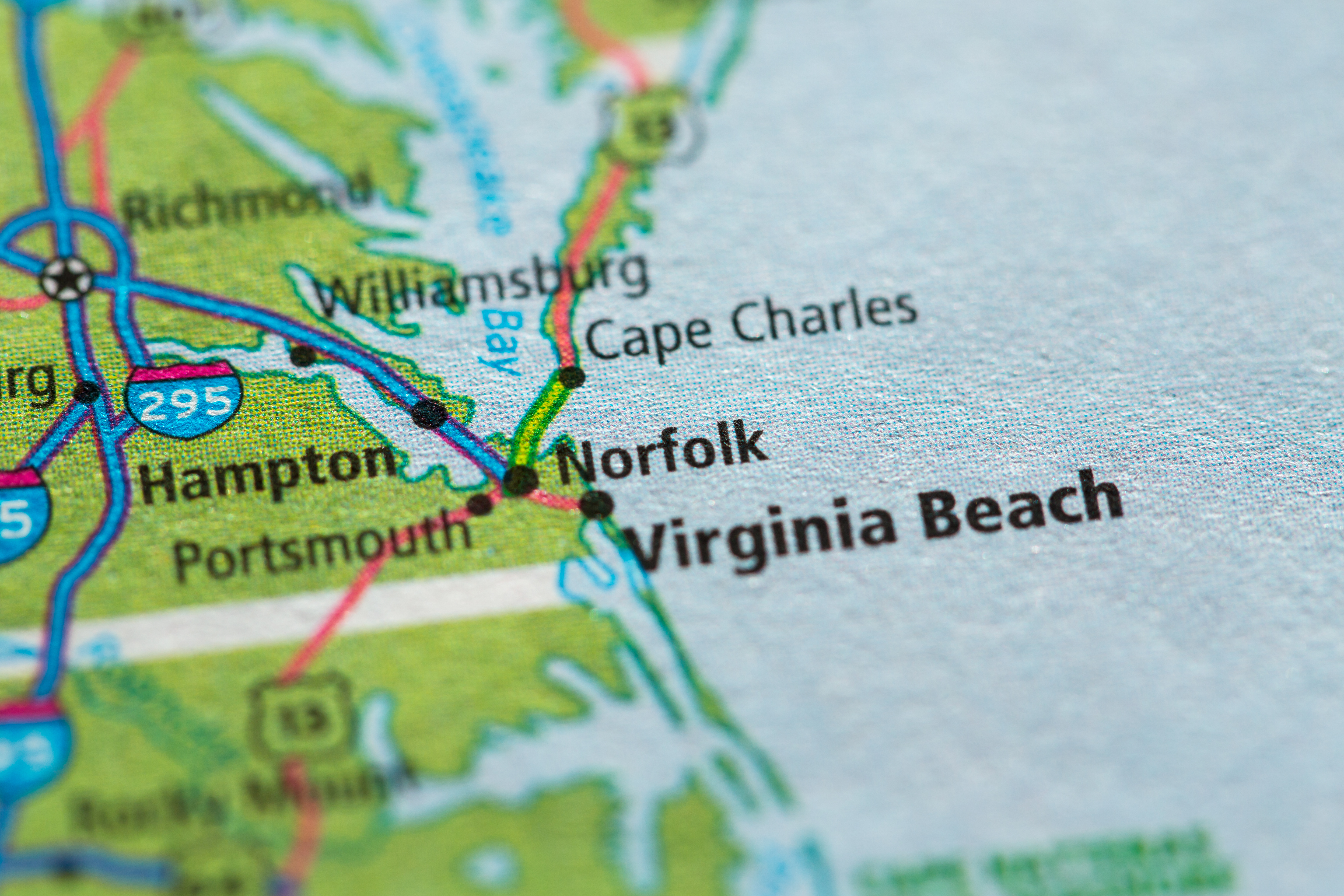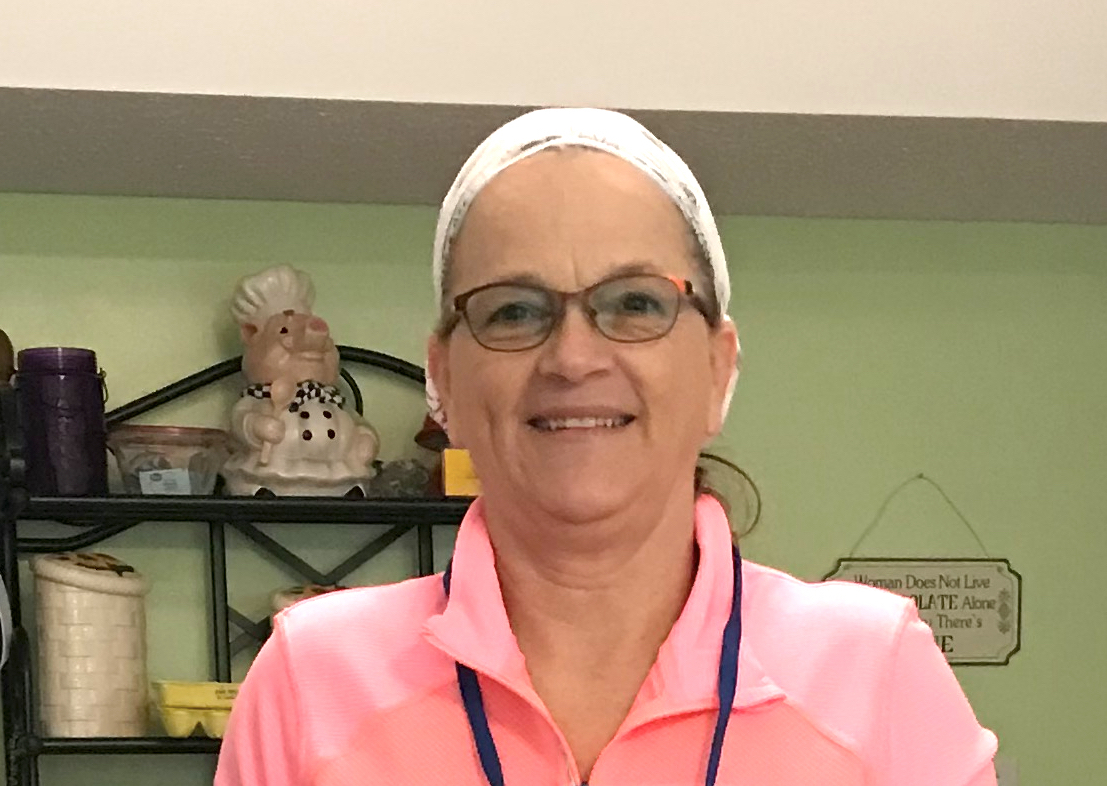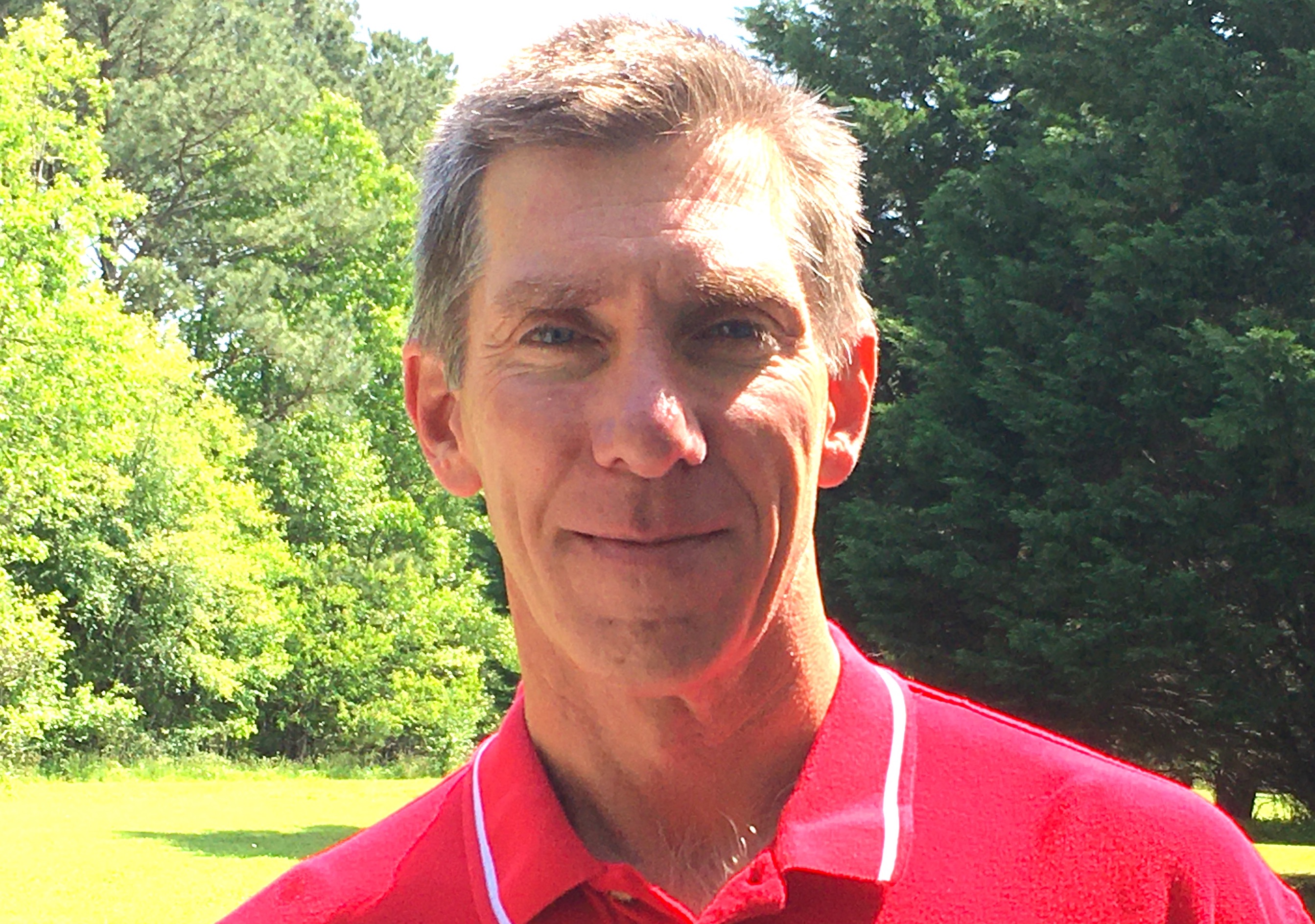This article is the fourth in a series of articles about members of the Jefferson Lab community who are using their personal time and expertise to help the local community in the face of the pandemic.
Members of the Jefferson Lab community volunteer their expertise with local medical corps
As the pandemic continues, many members of the U.S. Department of Energy’s Thomas Jefferson National Accelerator Facility community are actively volunteering their time and expertise in order to fight the spread of the virus and support local front-line workers. For two safety-oriented Jefferson Lab personnel, the determination to be a part of the solution in a crisis began long before the coronavirus pandemic, when they individually joined the Virginia Medical Reserve Corps. to prepare for situations like this.
As Jefferson Lab’s Emergency Manager, Tina Menefee, is well-versed in incident response and emergency planning. She oversees everything from emergency preparedness actions to preparedness training to protective actions for weather procedures, chemical spills and more, all to ensure that the laboratory’s personnel, facilities and the environment remain safe. Menefee handles the logistics of emergency drills for Jefferson Lab, which includes logistics management with local partners such as the fire department, police, and other City of Newport News departments and neighbors.
“My job is to make sure that we are prepared for all contingencies,” said Menefee. “I make sure we have good coordination, internally and externally, for a variety of different potential scenarios that could impact operations.”
With a natural inclination to help keep people safe and professional expertise in infrastructure management, Menefee sought ways to help the Commonwealth through her work with the VA MRC.
“I’ve been involved with the Smithfield chapter of the Virginia Medical Reserve Corps for about four years,” shares Menefee. “I have taken a number of trainings and been able to share my expertise, as well as assist in active drills and scenario-based trainings around the region.”
VA MRC shared a call for volunteers when the Virginia Department of Health began needing assistance to track spread of the coronavirus and to stay informed of escalation of symptoms in the community. Menefee, along with other volunteers, assists in making phone calls and working to gather and track data via a secured filesharing system. The vital information is necessary for a wide array of local-, regional- and state-level decisions, and it provides insight into coronavirus hotspots.
“The main thing is being able to take some of the load off of the Health Department. Many within VA MRC are familiar with this sort of work, but we can’t do the medical side, and it’s important to keep them patient-focused,” said Menefee.
The need for doctors, nurses and other health professionals to stay focused on treating patients is an understanding shared by Steve Neilson, an occupational safety and health manager for the Department of Energy at the local site office. Neilson has worked closely with Jefferson Lab for over a decade, ensuring federal regulation compliance and providing OSHA support on contract requirements. Neilson is also a volunteer with the Virginia Medical Reserve Corps.
“The mission of VA MRC is to have a pool of readily available and trained personnel to augment first responders in crisis situations,” commented Neilson. “In times of ‘non-crisis’, education is a primary component of the organization, with trainings offered on incident command structure, outbreak epidemiology, mental health in disaster care, and others. We’re ready to help in a variety of situations, so that the medical professionals can focus on what only they can do.”
Neilson has a professional background as a medical technologist and an industrial hygienist, so understanding the toxicology and biology within his current role at the lab is a natural fit. This background also made him a good fit to help support the Department of Health’s Newport News response group to help answers calls and messages from citizens, doctors, nurses and businesses.
“There’s a central unit that routes different calls, but we provide a lot of information to those asking about closings, symptoms, tests, etc.,” said Neilson. “I had the privilege of working with another MRC volunteer who is a retired Army pathologist, and he was a wealth of information.”
Both Menefee and Neilson shared that the VA MRC continues to accept new volunteers; those interested in volunteering can visit the website for more information.
By Jessica Bedenbaugh
Other articles in this series:
Making a Difference One Mask at a Time
Thinking Inside the Box Can Save Lives
Helping Others Through Thoughtful Donations
Contact: Lauren Hansen, Jefferson Lab Communications Office, 757-269-7689, lhansen@jlab.org




